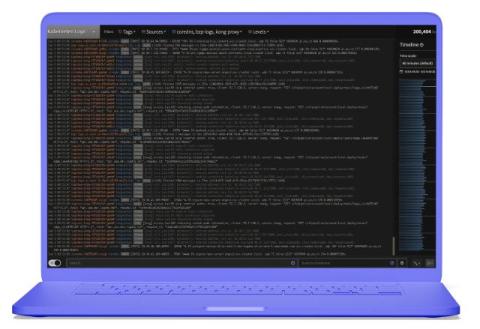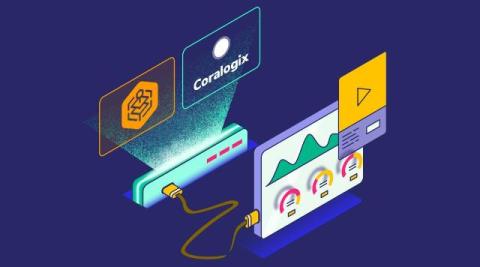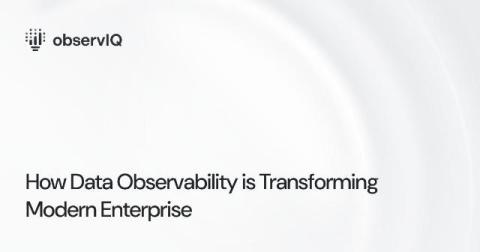Resilience as the Foundation for Growth and Compliance in Financial Services
Discover how financial services leaders build digital resilience amid security threats and compliance challenges. Learn strategies to enhance your security posture, drive growth, and meet customer expectations in uncertain times. Featuring insights from IDC and Splunk experts.











